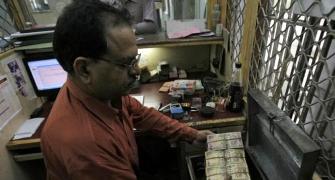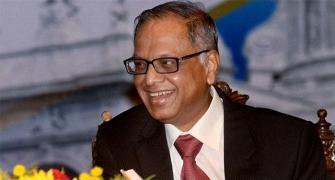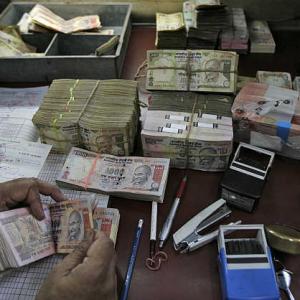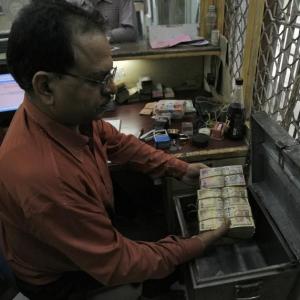Reforms are an absolute must for revamping the banks
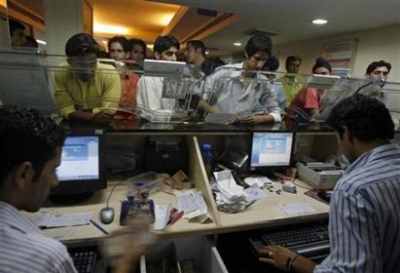 Last week, the government responded to the grim situation facing public sector banks by committing Rs 70,000 crore (Rs 700 billion) as fresh capital over the next four years.
Last week, the government responded to the grim situation facing public sector banks by committing Rs 70,000 crore (Rs 700 billion) as fresh capital over the next four years.
This is a quantum jump over the 2015-16 Budgetary commitment of around Rs 8,000 crore (Rs 80 billion), and reflects an acknowledgement that the problem is far worse than was being admitted to earlier.
Quarterly results of many of these banks show significant losses on account of provisioning against non-performing assets.
Even though Deputy Governor of the Reserve Bank of India S S Mundra sought to reassure stakeholders that the situation had stabilised, the reality is that it is going to be a long haul for these banks.
As the RBI's half-yearly Financial Stability Report, published at the end of June, said, infrastructure projects account for more than half the non-performing assets in the system.
These are not going to be resuscitated by normal business cycle patterns and will require a focused strategy and effort to deal with.
This is really the context within which any solution to the banks' collective problems needs to be viewed.
There are two aspects to this.
Under the current circumstances, as long as the infrastructure portfolio continues to require significant provisioning, which will be the case for some years, more capital is simply pushing good money after bad.
For instance, only a fifth of the recapitalisation amount meant for the current year would be linked to the banks' performance, contrary to an earlier indication that only those banks that show some improvement in their operations would be considered for infusion of fresh equity.
At best, this will give banks the room to operate without shrinking their credit portfolio, which would otherwise be warranted by the erosion of equity caused by cumulative losses.
Looking ahead, with the objective of ensuring that a similar situation does not recur, more capital now must be protected against the impact of bad lending decisions, for which a high degree of insulation from the political-bureaucratic establishment is a must.
This must be accompanied by incentives to managements to achieve superior financial outcomes.
In other words, fresh capital is only one component of a comprehensive strategy to repair the bruised and battered public sector banks.
It will not work in isolation; the announcement would have had far greater impact if the government had laid out a road map for a more holistic reform agenda, addressing the other governance concerns as well.
This is not to say that there isn't any movement to address the concerns arising out of the existing non-performing assets of these banks and their overall governance.
The National Infrastructure and Investment Fund, which was announced in the Budget, has the potential to function as a 'bad bank', by taking some of the infrastructure projects off the banks' balance sheets even as it finds ways to resuscitate them.
But, progress towards a concrete institutional structure and mandate appears to be slow.
On the governance and management front, CEO positions of public sector banks have now been opened to outside candidates, potentially allowing fresh and proven talent to run these organisations.
But, there is as yet no action on the recommendations of the committee chaired by P J Nayak, which call for much more fundamental governance reforms.
Also, merely having a new pool of CEOs is not enough to effect meaningful change; there needs to be fresh entry and churn of talent at multiple levels.
Neither the government nor any other stakeholders should be under any illusions that fresh capital without the other reforms will do anything more than buy a little time for the banks.




